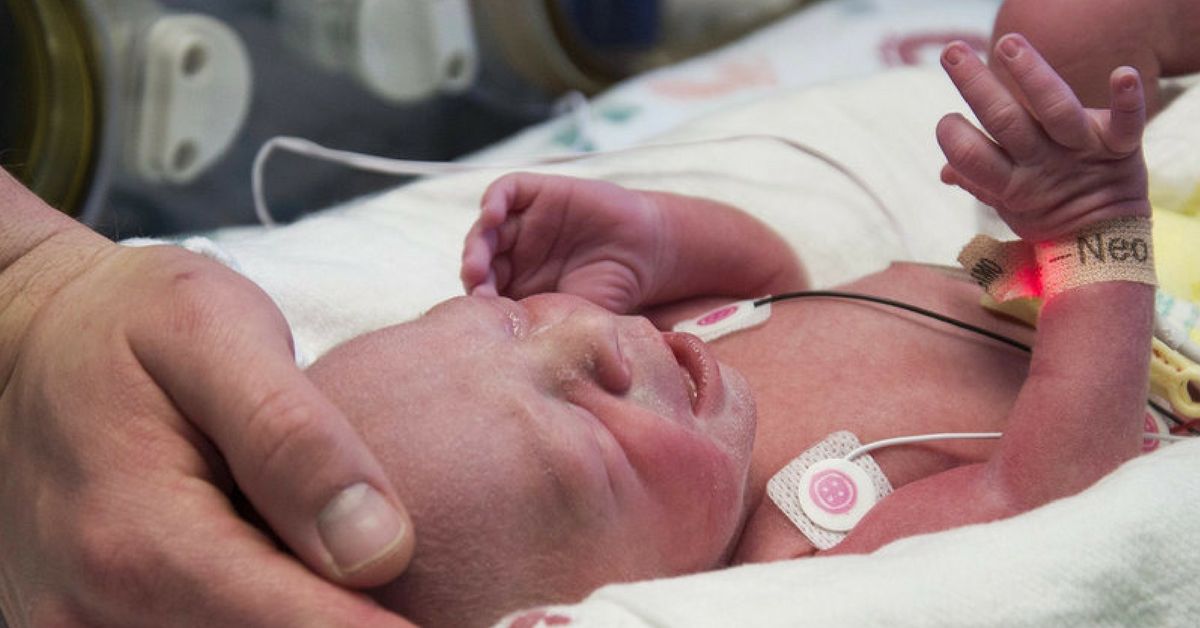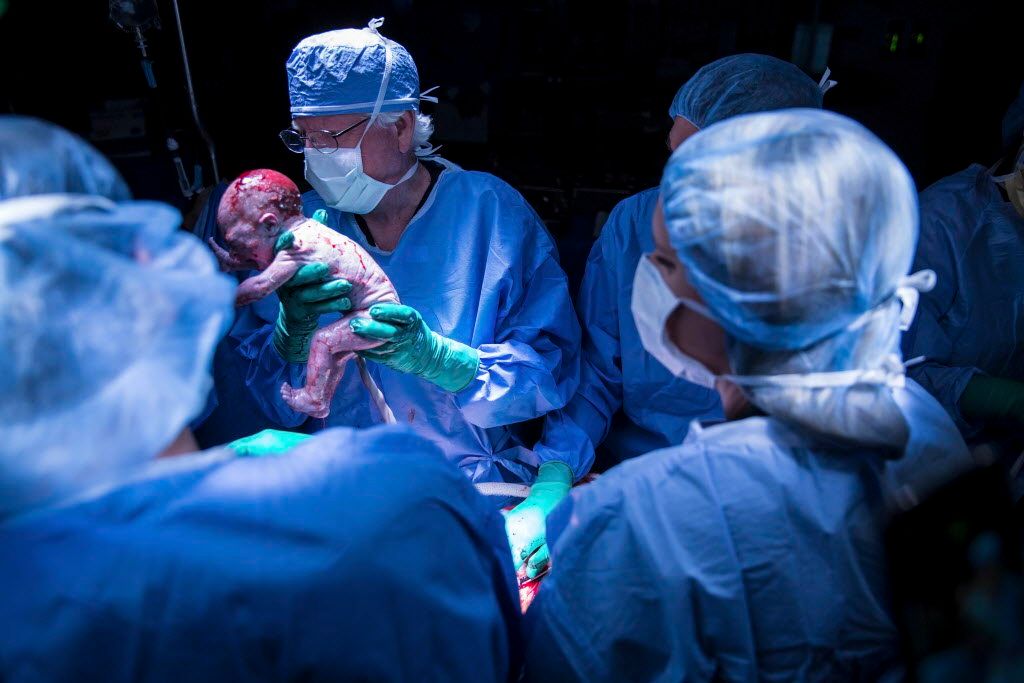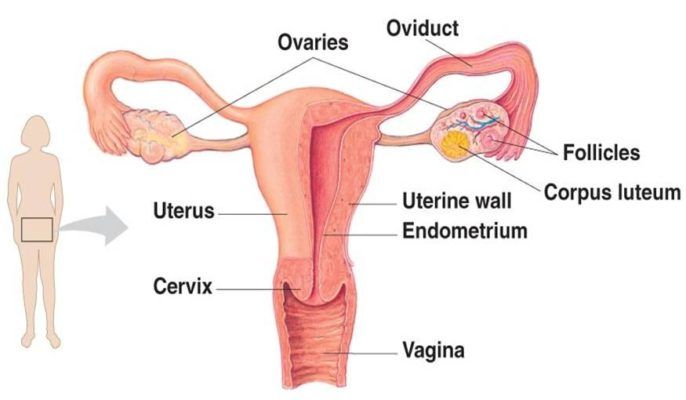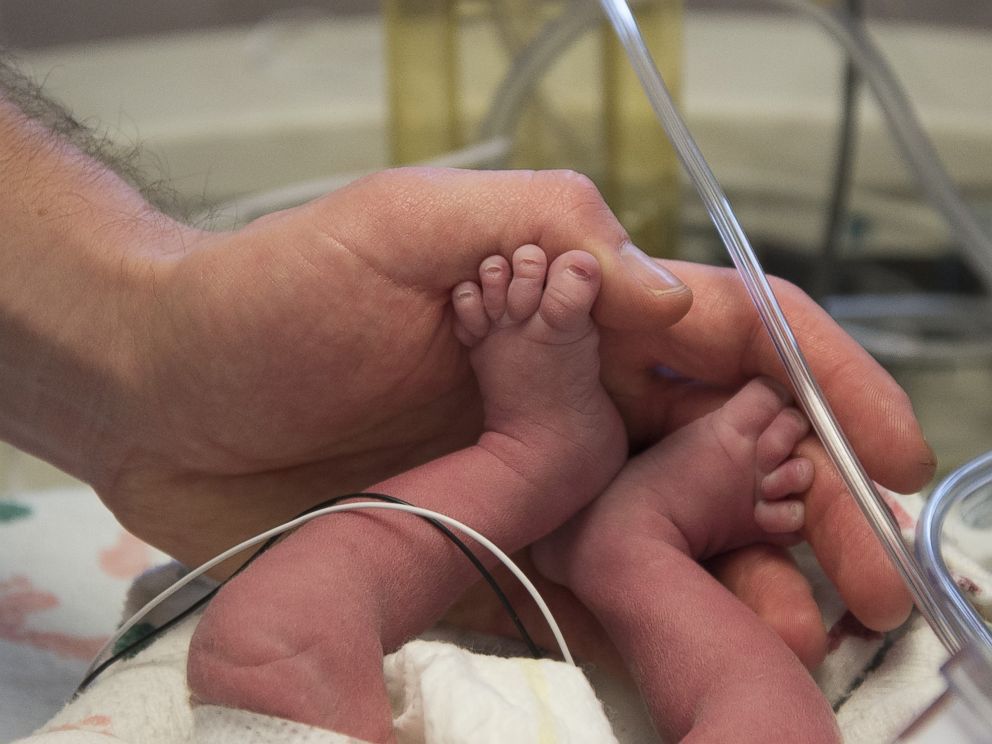A new mother from Dallas, Texas has become the first woman in the United States to give birth after receiving a uterus transplant.
Doctors believe the successful birth will be able to lead a precedent for women who struggle with infertility. Nicknamed "Baby Number Nine," the birth follows eight other successful deliveries from uterus transplant recipients in Sweden.
Baylor transplant specialist, Dr. Giuliano Testa, said the birth is a "milestone" and "a beautiful moment of love and hope for a mother who had been told she would never be able to carry her own child," in a statement.
While the baby boy was born at the Baylor University Medical Center at Dallas, limited details have been released to protect the privacy of the family, CNN reports.
"We consider ourselves profoundly blessed to have been a part of this study, and we are optimistic that this initial success will lead to many more in the future," the unknown mother said. "We humbly hope that our little boy can serve as an inspiration to those struggling with infertility, and demonstrate throughout his life that no matter what obstacles are in your path, with the right team working beside you, anything is possible."
The mother suffered from a condition called uterine factor infertility, which affects one in 500 women with non-functioning or non-existent uteruses.
Like all other organ transplants, recipients must take anti-rejection drugs for the new uterus and cervix. Mothers can opt to have the uterus removed following the delivery or keep it in for another pregnancy. After the second time, the organ must be removed.
Despite the scientific breakthrough, concerns over the transplants have raised plenty of ethical questions.
In an interview with All Things Considered host Kelly McEvers earlier this year, Testa discussed the ethical dilemmas pertaining to the procedure.
Testa said he doesn't expect the average person to understand the nuances behind a uterus transplant, especially since the operation has only been around for a few years.
"This is even more complicated because we are going into uncharted waters... I think that we go through years of studying to understand what we do, and to achieve mastering the things we do," Testa said. "And then we pretend that in ten minutes we can explain something to anybody... I don't think it's really possible."
Testa also said he and the rest of the doctors leave the decision up to the potential patients, as they have full autonomy to decide if the transplant surgery is right for them.
A costly procedure, Testa estimates a uterus transplant could cost anywhere from $200,000 to $250,000, but hopes the price tag doesn't deter women from considering this life-changing opportunity.
"People like me, or men in general, don't really talk about this, because we don't know any better, but one thing that we all learned is that we should never have underestimated the need, the will, the wish, of the woman to carry their own pregnancy," Testa told ABC News.
"It's been humbling and I have a better understanding, I hope about these things and I can really say today that this is a solution, this is something that has value for this woman, for all of us," he added.
What is your opinion on uterus transplants?




